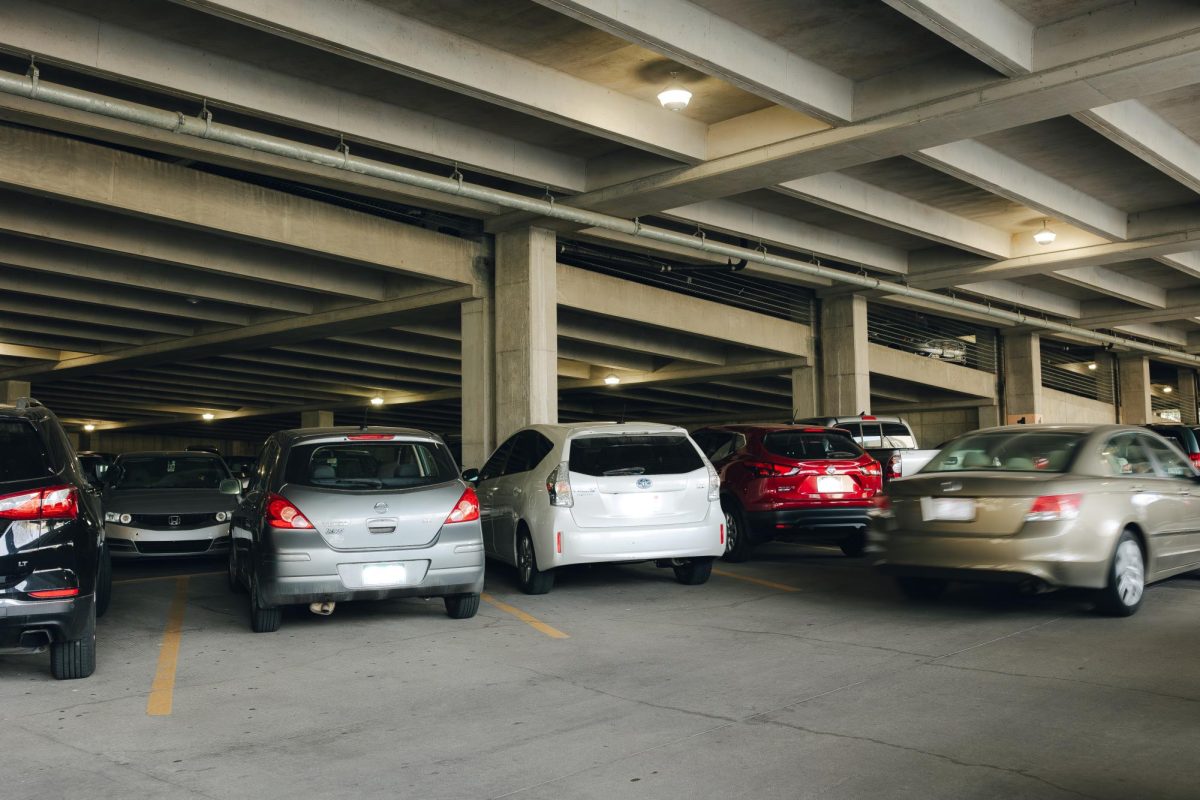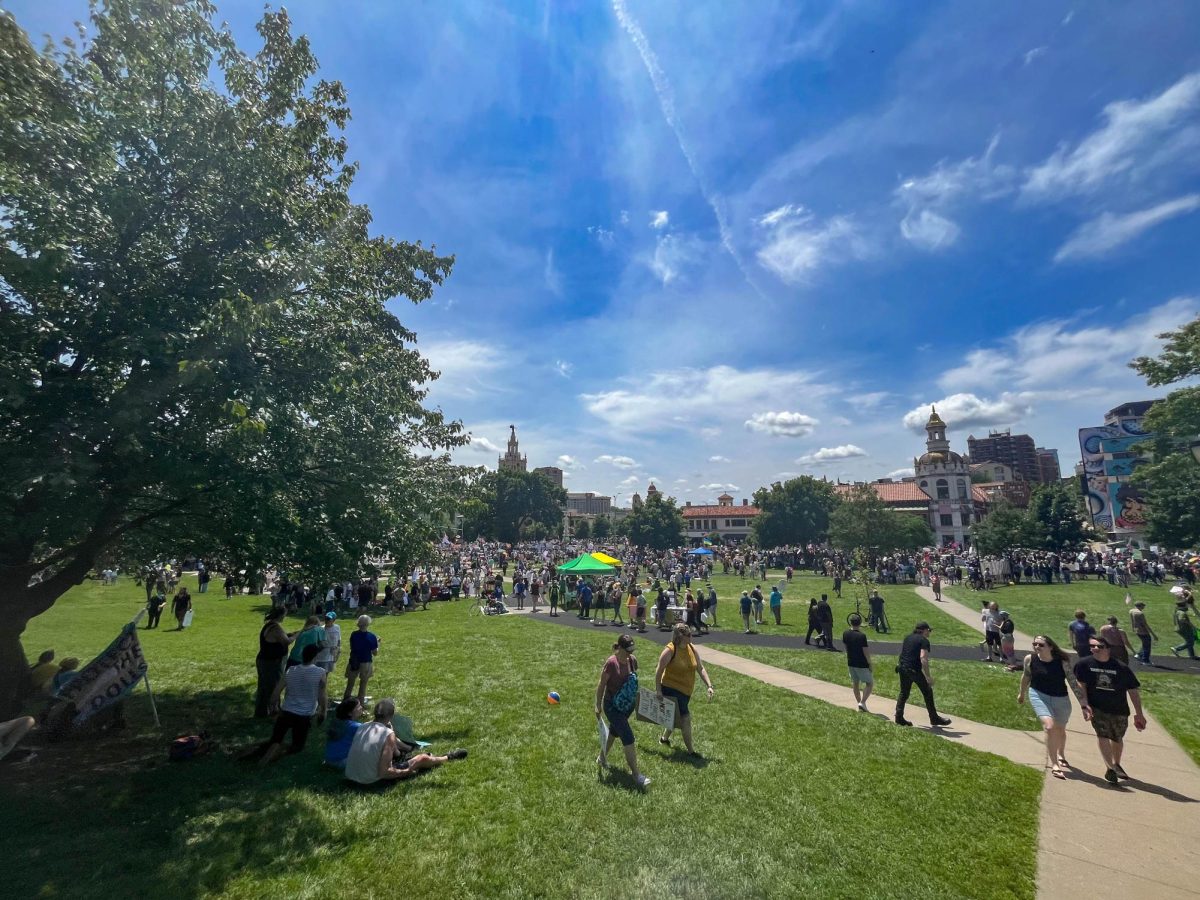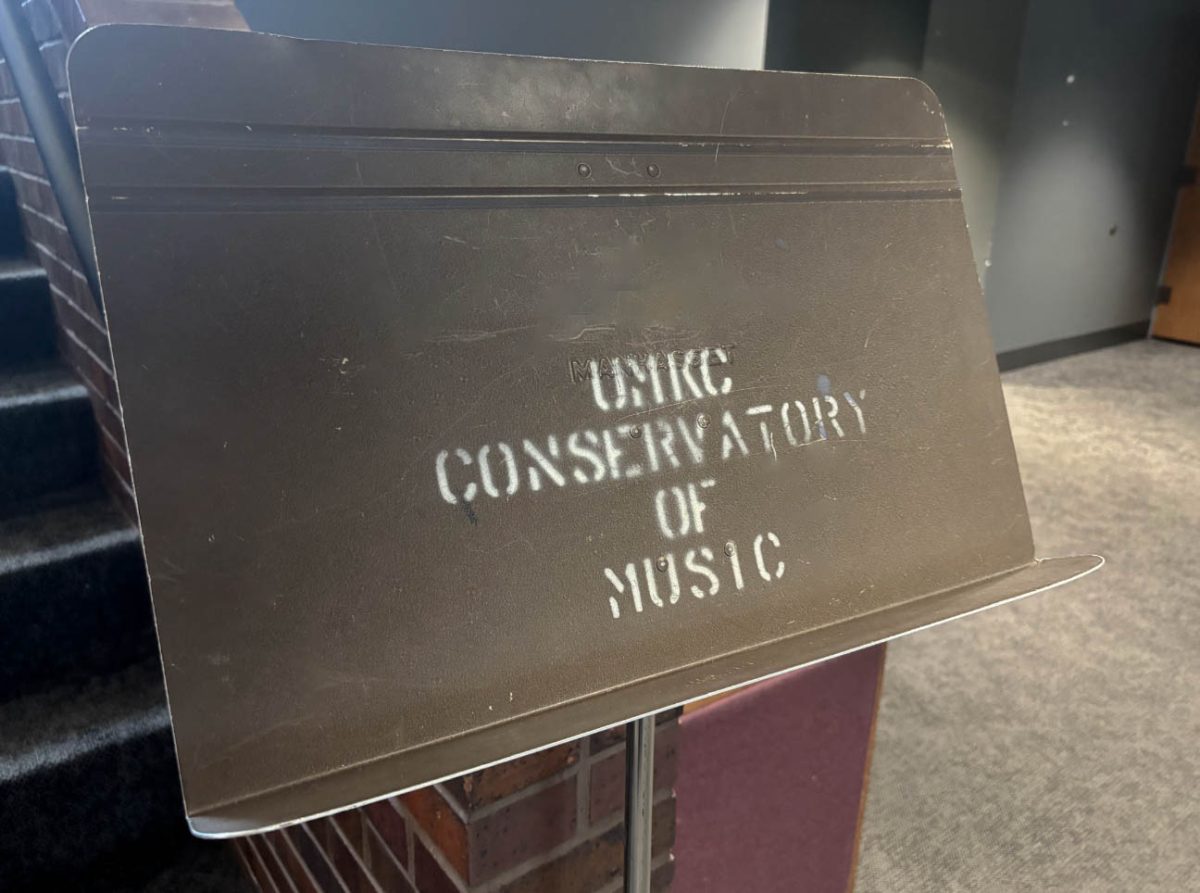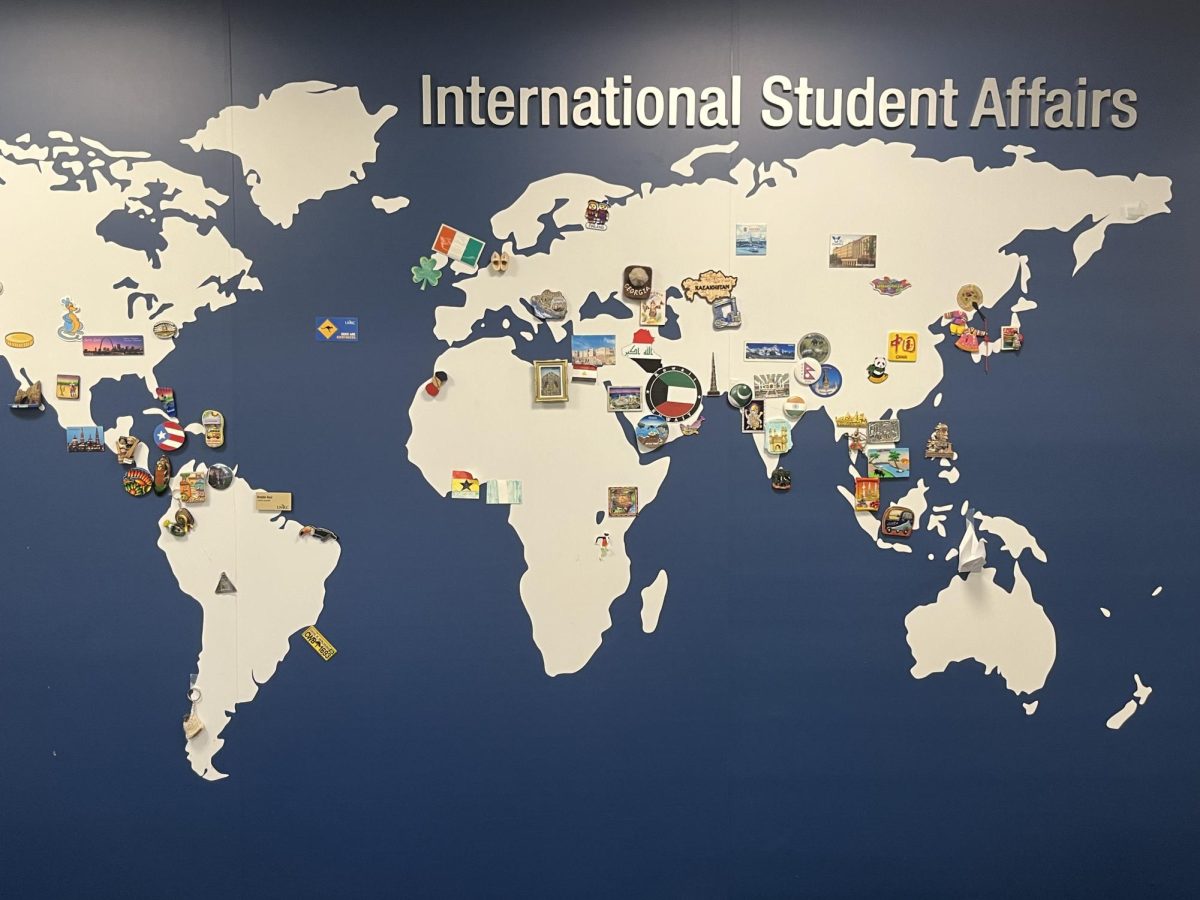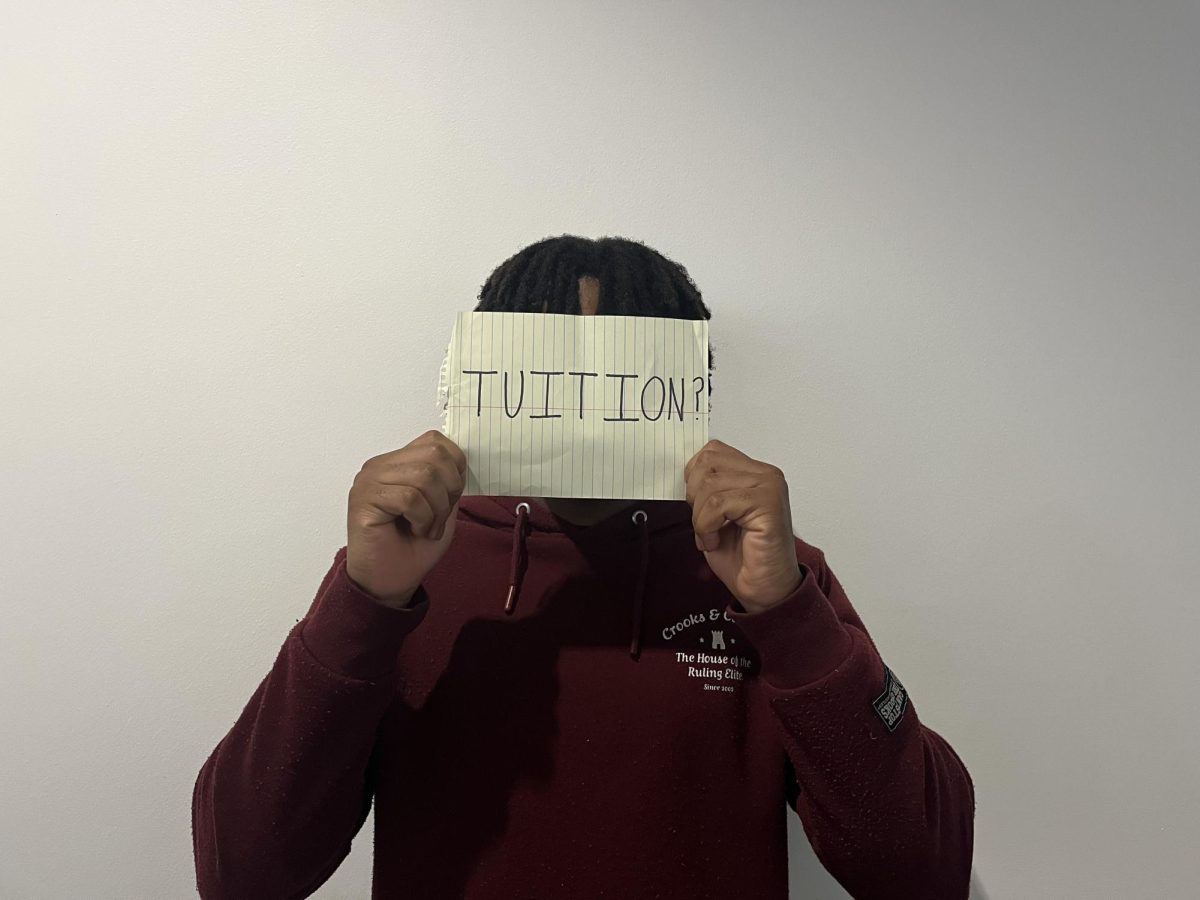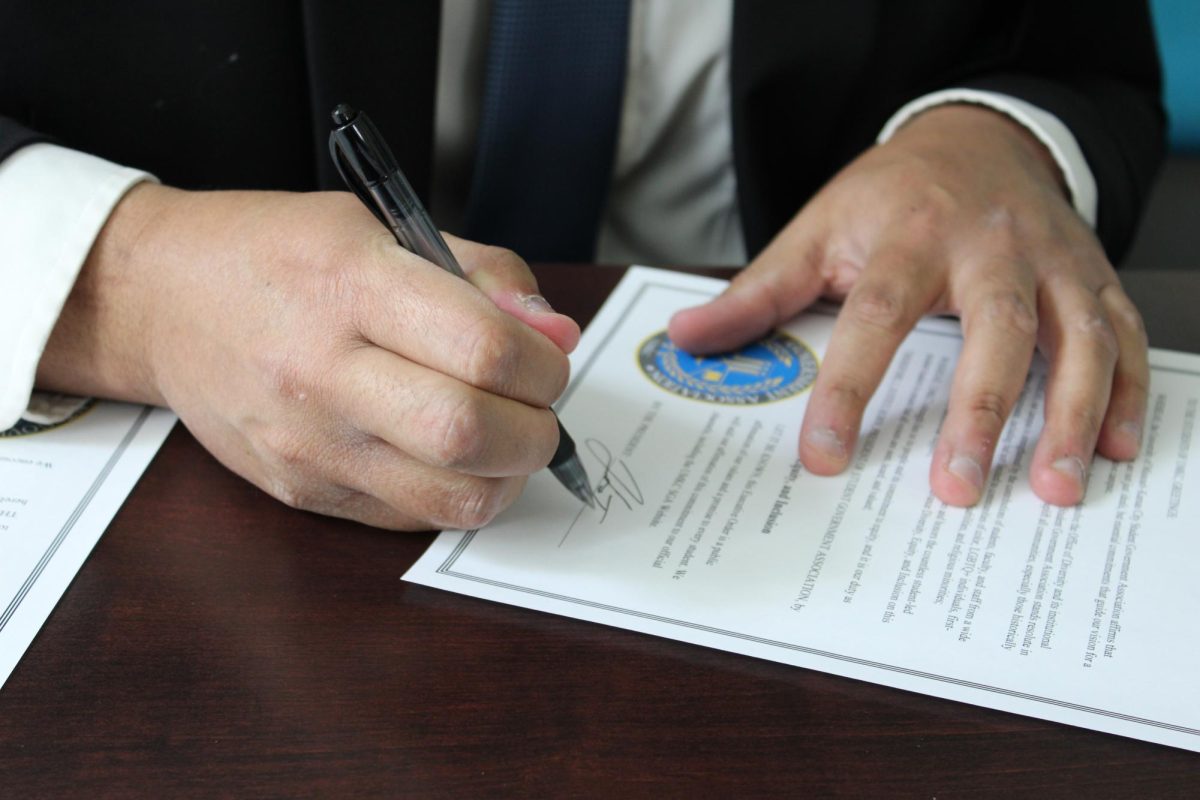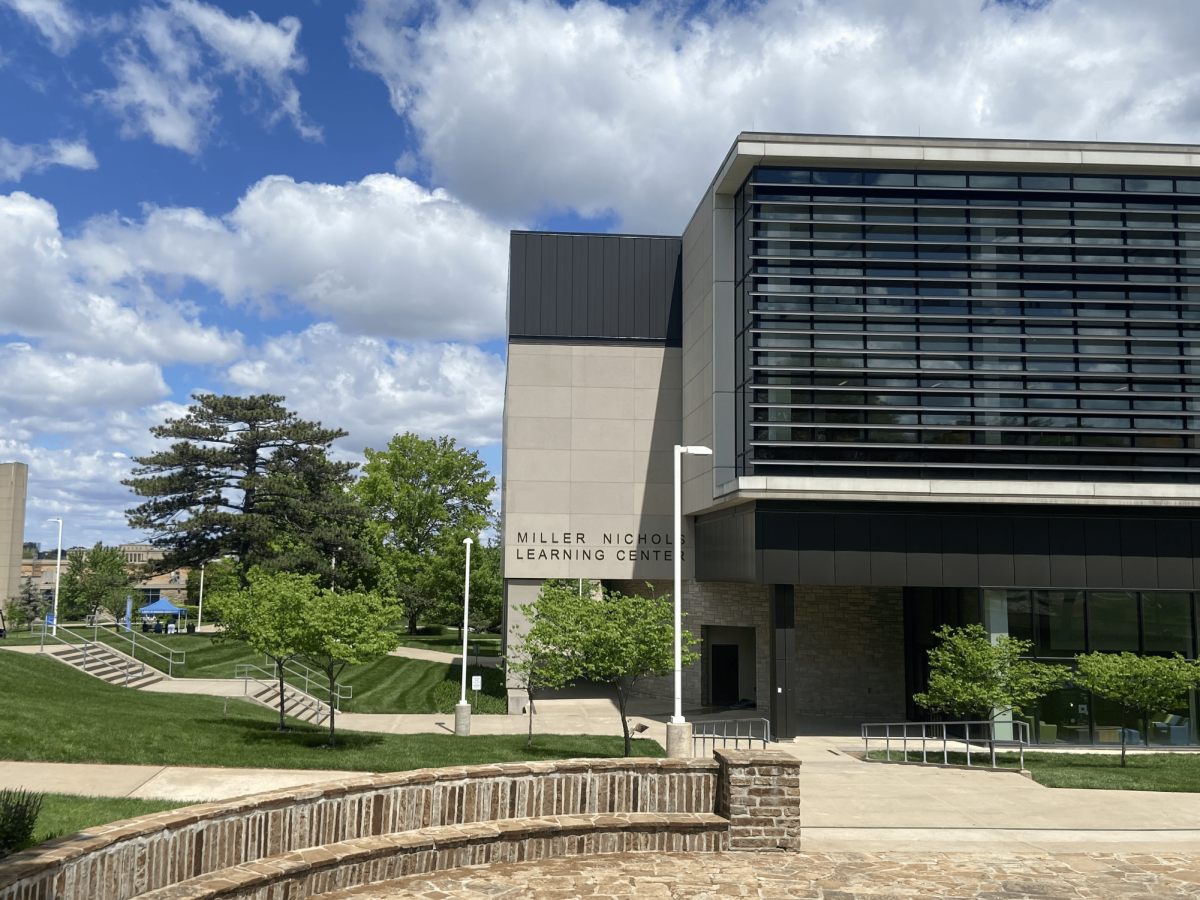UMKC campus has long been plagued by a persistent issue: parking scarcity.
With students voicing frustrations over the lack of available spaces and steep parking fees, the Student Government Association (SGA) has been pressured to address the problem.
During an interview with past and present SGA presidents, both shed light on the ongoing efforts and challenges in tackling this issue.
Yasmen Hassen, the current SGA president, shared insights into the association’s actions and strategies. Initiating discussions with UMKC administrators, Hassen highlighted the problem’s complex nature, extending beyond campus boundaries. Collaboration with city officials is deemed essential, even though bureaucratic processes hinder it.
Despite concerted efforts, Hassen admitted to making little progress in securing additional parking spaces.
The absence of ongoing negotiations with local authorities underscores the issue’s complexity.
Nonetheless, Hassen remains committed to advocating for student concerns and exploring alternative transportation solutions, such as shuttle services.
Hassen encourages students to leave feedback about campus, and within their respective school, in the SGA tip box.
“This is taken into consideration by senators and they address these issues to the senate,” Hassen said. “Many student-related issues are dealt with in a similar way, including parking.”
Ophelia Griffin, former SGA president, echoed similar views regarding parking challenges. Recounting discussions with the upper administration, Griffin emphasized the bureaucratic hurdles in expanding parking infrastructure, which require approval from the city.
While proposing potential solutions, such as utilizing specific parking lots and negotiating with nearby establishments, Griffin acknowledged a need for immediate progress. However, Griffin expressed hope that the incoming executive team would continue the endeavor to address parking concerns on behalf of the student body.
As UMKC students grapple with parking challenges, SGA remains at the forefront of efforts to find possible solutions. Despite the complexities involved, both past and present presidents underscored the importance of student feedback and advocacy in driving meaningful change.


